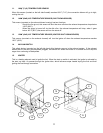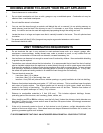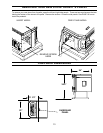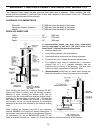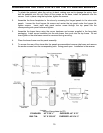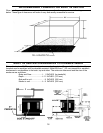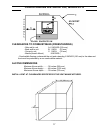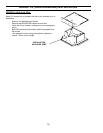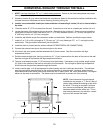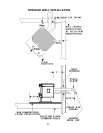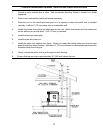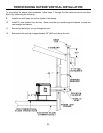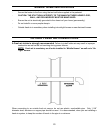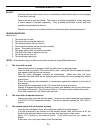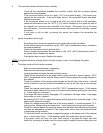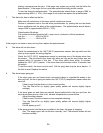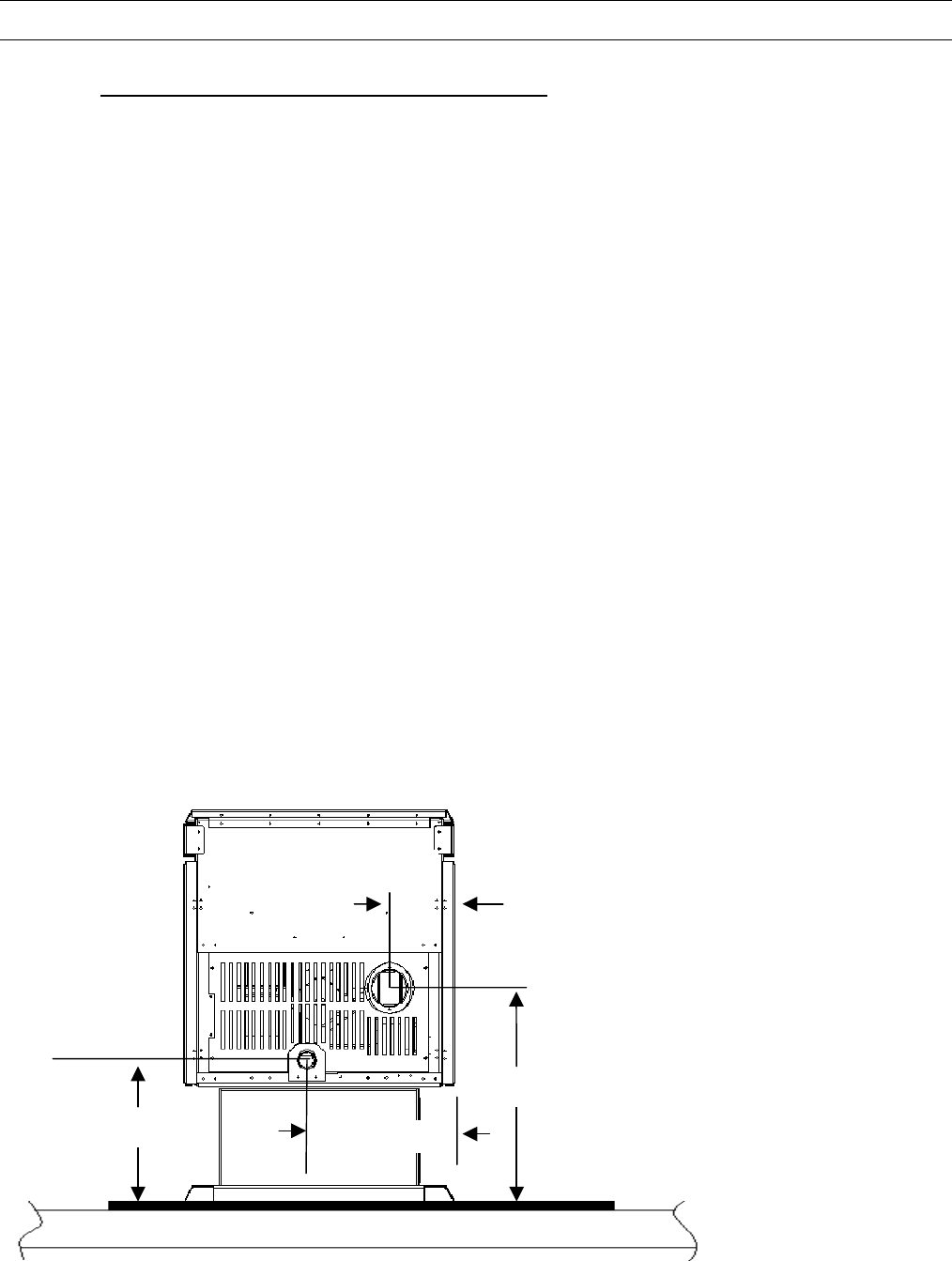
HORIZONTAL EXHAUST THROUGH THE WALL
1. NOTE: Use only listed type “PL” or “L” pellet venting products. Failure to use listed components may cause
damage or personal injury or death.
2. Choose a location for your stove that meets the requirements stated in this manual and allows installation with
the least amount of interference to house framing, plumbing, wiring, etc.
3. Install a non-combustible hearth pad underneath the unit extending 6 inches (15 cm) in front of and to
the sides.
4. Place the stove 15” (37.5 cm) away from the wall. If the stove is to be set on a hearth pad, set the unit on it.
5. Locate the center of the exhaust pipe on the stove. Extend that line to the wall. Once you have located the
center point on the wall, use a hole saw to cut a 7” (175 mm) diameter hole for a 3” (76 mm) vent pipe or an
8” (200 mm) hole for a 4” (101 mm) vent pipe.
6. Install the wall thimble as per the instructions written on the thimble. Maintain an effective vapor barrier
7. Install a 2 or 3’ (61 or 92 cm) length of 3” (76 mm) or 4” (101 mm) listed type “PL” or “L” vent pipe into the
wall thimble. The pipe should install easily into the thimble.
8. Install the fresh air intake (see the section entitled OUTSIDE FRESH AIR CONNECTIONS).
9. Connect the exhaust vent pipe to the exhaust pipe on the stove.
10. All Joints in the vent system shall be fastened with (3) three screws. Seal the connection with high
temperature silicone
11. Push the stove straight back, leaving a minimum of 1” (3 cm) clearance from the back of the stove to the wall.
Seal the vent pipe to the thimble with high temperature silicone.
12. The pipe must extend at least 12’ (30 cm) away from the building. If necessary, bring another length of pipe
(PL type) to the outside of the home to connect to the first section. Do not forget to place high temperature
silicone around the pipe that passes through the thimble.
13. Install a vertical pipe, or if all requirements for direct venting are met, install vent termination. The stainless
steel cap termination manufactured by the vent manufacturer is recommended. However, when the vent
terminates several feet above ground level and there are no trees, plants, etc. within several feet, a 45 degree
elbow can be used as termination. The elbow must be turned down to prevent rain from entering.
NOTE: Some horizontal, through the wall
installations may require a “T” and 4-5 feet of
vertical pipe outside the building to help draft
the stove. This may be required if a proper
burn cannot be maintained, after the stove
has been tested and the airflow set. This is
due to back-pressure in the exhaust, caused
by the air flow around the house.
5.0”
16.625”
10.812”
11.938
”
19



